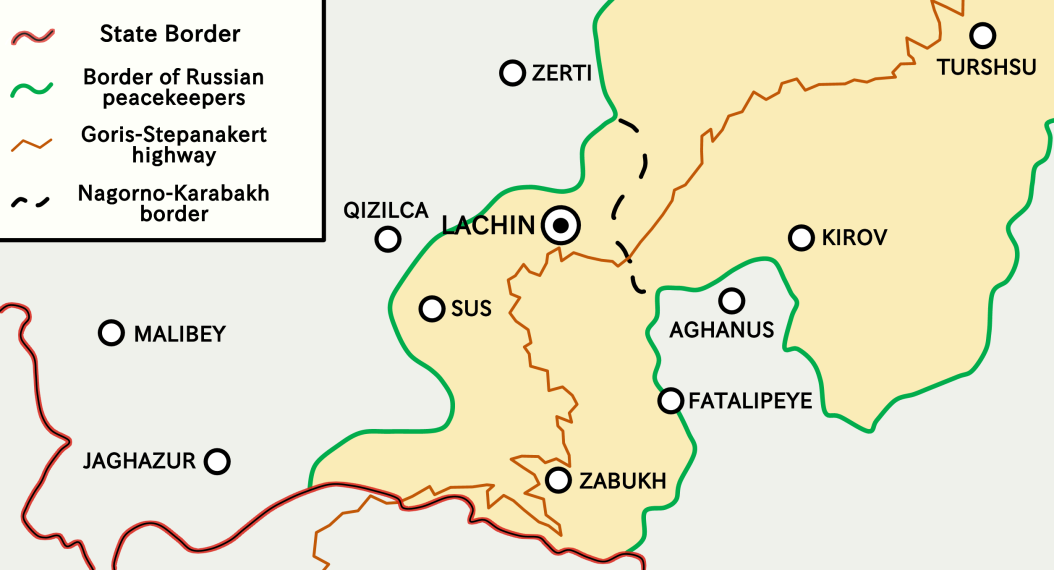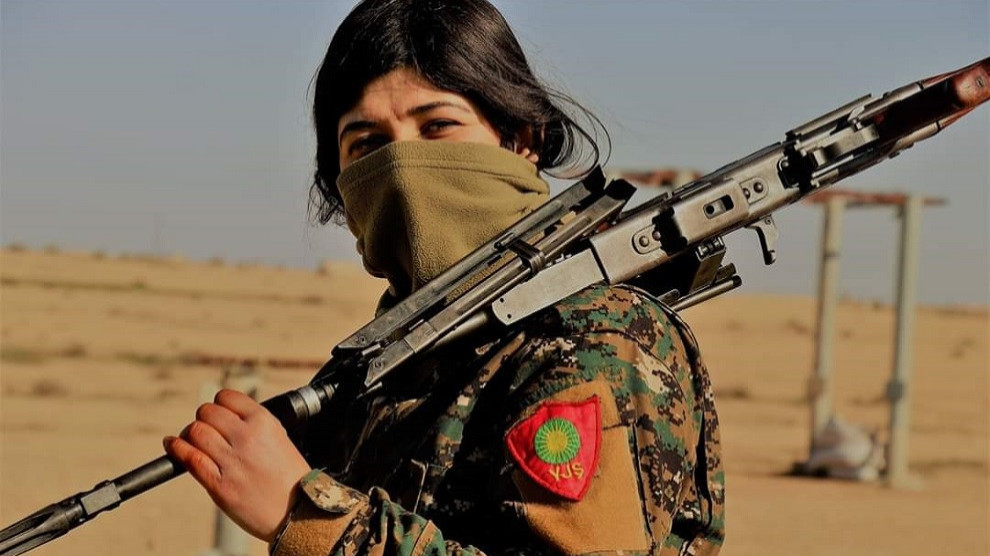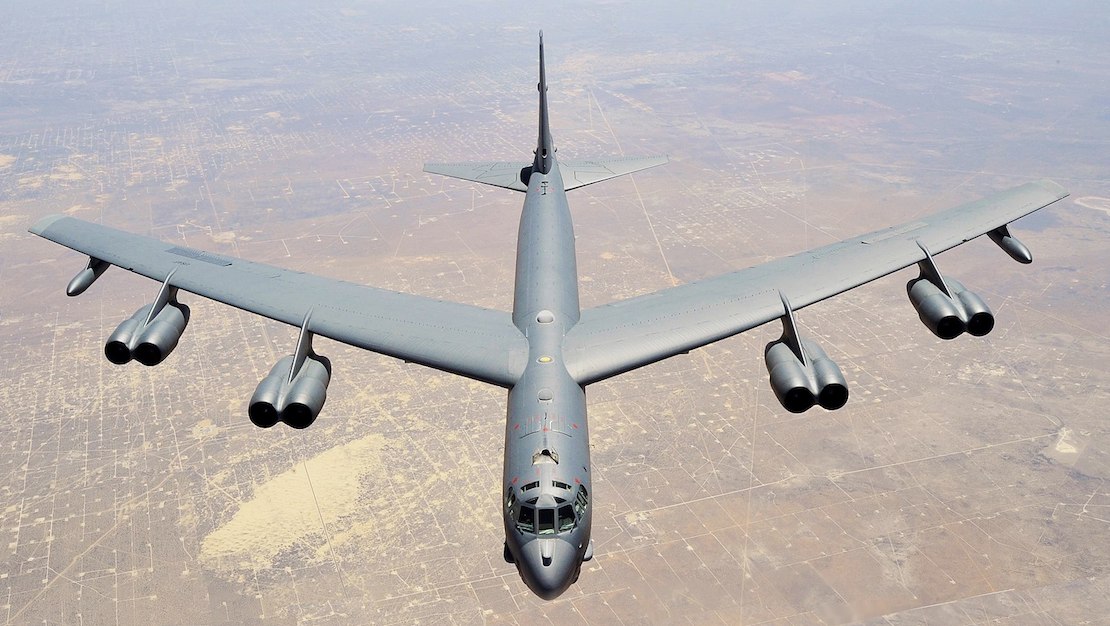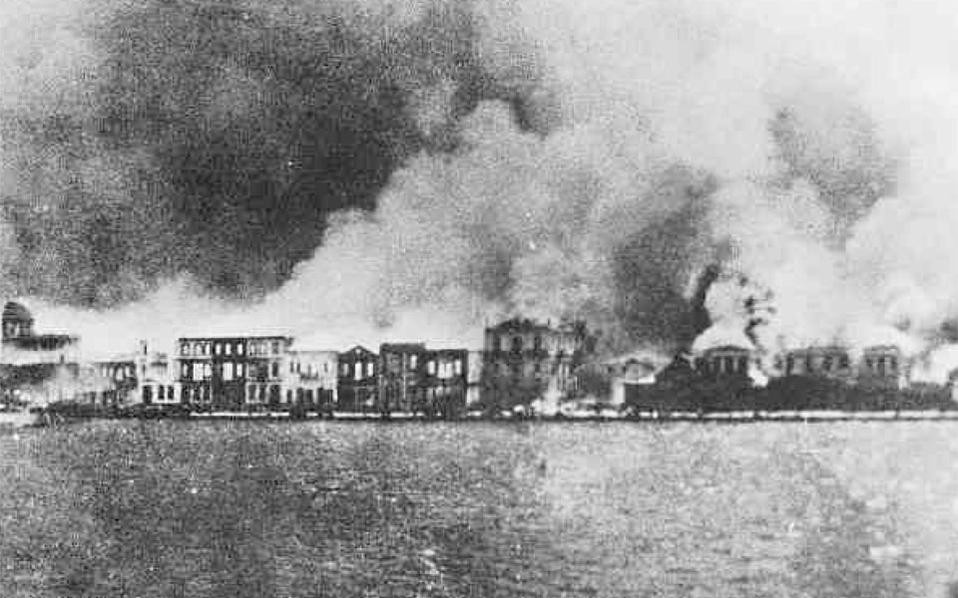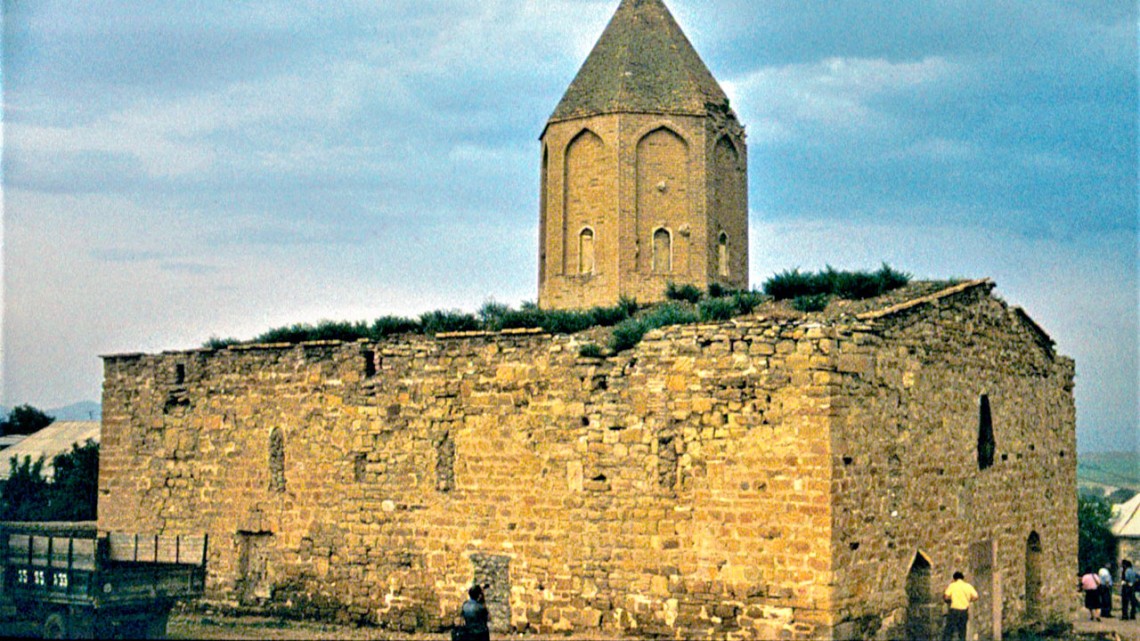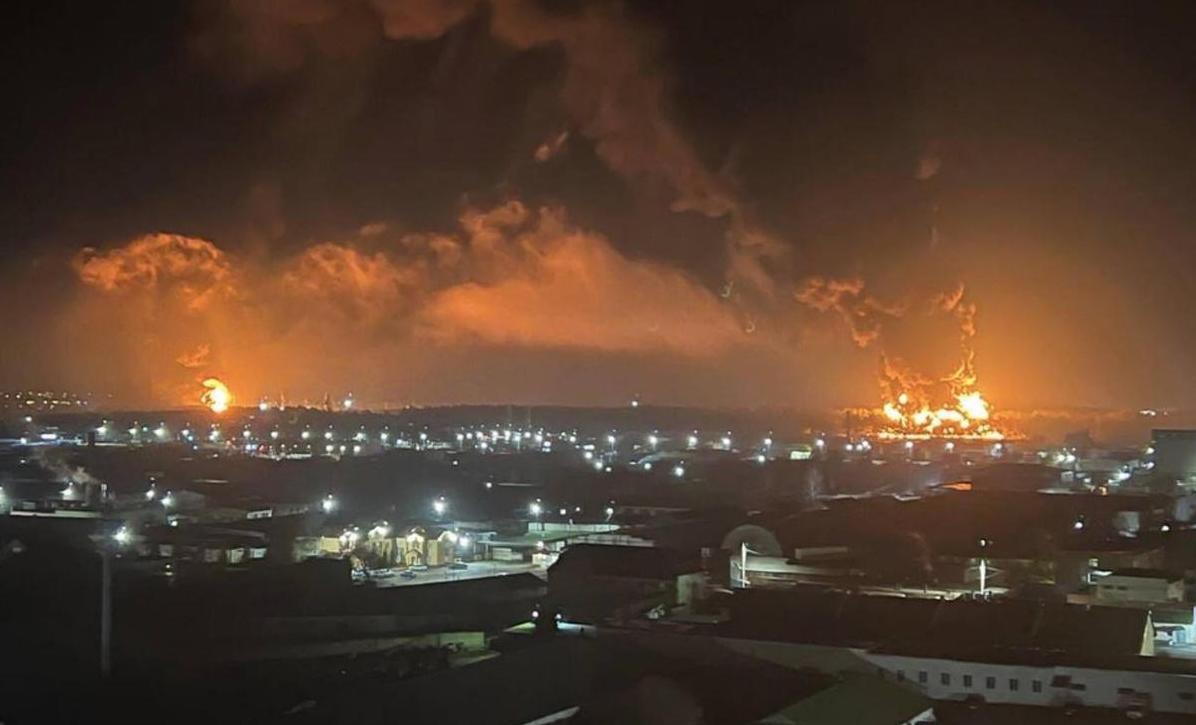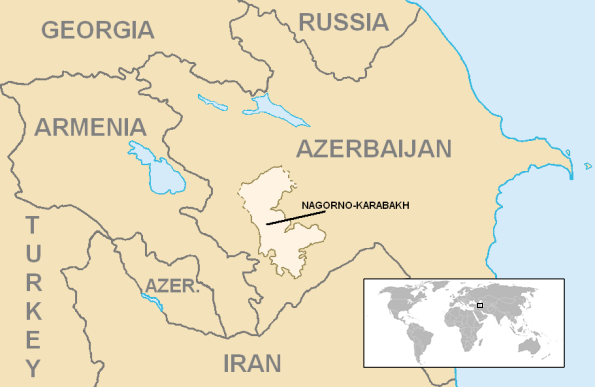
Refugee exodus mounts from Nagorno-Karabakh
The separatist government of Nagorno-Karabakh, which controlled the disputed territory for more than three decades, announced that it will disband by the end of the year. Azerbaijan took full control of Nagorno-Karabakh following a swift military offensive last week. The region, an enclave within the borders of Azerbaijan, is home to around 120,000 ethnic Armenians who have considered it a de facto independent state, the Republic of Artsakh, since 1991. Most of that population—almost 90,000 people—has fled to Armenia in the past week due to fears of persecution and ethnic cleansing by the Azerbaijani forces that are now in control. Authorities in Armenia are struggling to register and provide for the needs of the tens of thousands of people arriving from the enclave, and concerns are growing about a nascent humanitarian crisis. (Map: Wikipedia)



